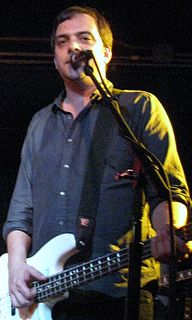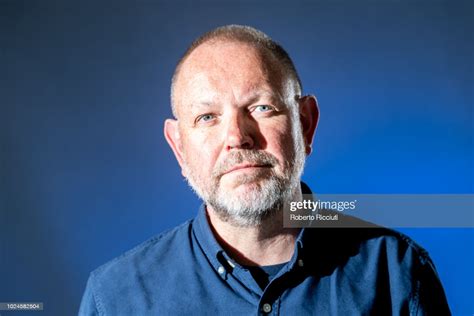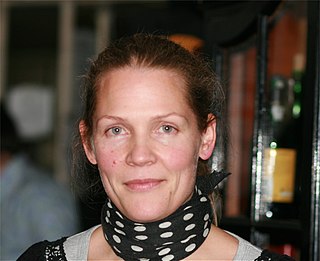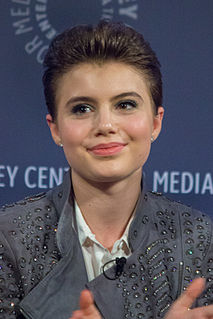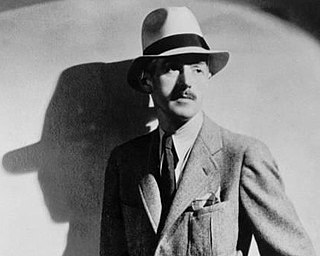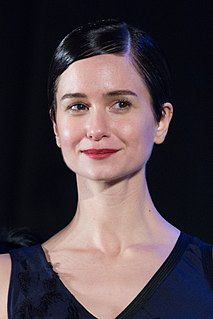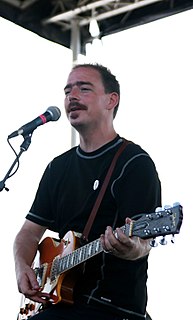A Quote by Adam Schlesinger
I just try to tell a story rather than present an open diary to the world.
Related Quotes
What I try to do is write from the inside out. I really try to jump into the world of the film and the characters, try to imagine myself in that world rather than imagining it as a film I'm watching onscreen. Sometimes, that means I'm discovering things the way the audience will, with character and story.
Vera said: 'Why do you feel you have to turn everything into a story?' So I told her why: Because if I tell the story, I control the version. Because if I tell the story, I can make you laugh, and I would rather have you laugh at me than feel sorry for me. Because if I tell the story, it doesn't hurt as much. Because if I tell the story, I can get on with it.
Taking the things people do wrong seriously is part of taking them seriously. It’s part of letting their actions have weight. It’s part of letting their actions be actions rather than just indifferent shopping choices; of letting their lives tell a life-story, with consequences, and losses, and gains, rather than just be a flurry of events. It’s part of letting them be real enough to be worth loving, rather than just attractive or glamorous or pretty or charismatic or cool.
If you have to tell a story without speaking, it's sort of like - I come from a dance background, so it's like a ballet where you have to tell a story with just your body. I think that's really interesting to have to tell a story with just your face and your mannerisms, and I'd like to tap into that world.
What I try to do is write a story about a detective rather than a detective story. Keeping the reader fooled until the last, possible moment is a good trick and I usually try to play it, but I can't attach more than secondary importance to it. The puzzle isn't so interesting to me as the behavior of the detective attacking it.
A good writer can simulate a page torn out of somebody's diary, and give you every little voyeuristic thrill you might get from that, but actually tell you a broader story. I think it's a noble idea that it's cathartic to open a vein for everybody to see, but ultimately, you're just getting blood everywhere and making a mess. I like the idea that there are deeper and more meaningful things to talk about than your own misery. But at the same time, there's something really interesting about skirting that line and making it seem like you're doing that.
Neither revolution nor reformation can ultimately change a society, rather you must tell a new powerful tale, one so persuasive that it sweeps away the old myths and becomes the preferred story, one so inclusive that it gathers all the bits of our past and our present into a coherent whole, one that even shines some light into the future so that we can take the next step… If you want to change a society, then you have to tell an alternative story.
